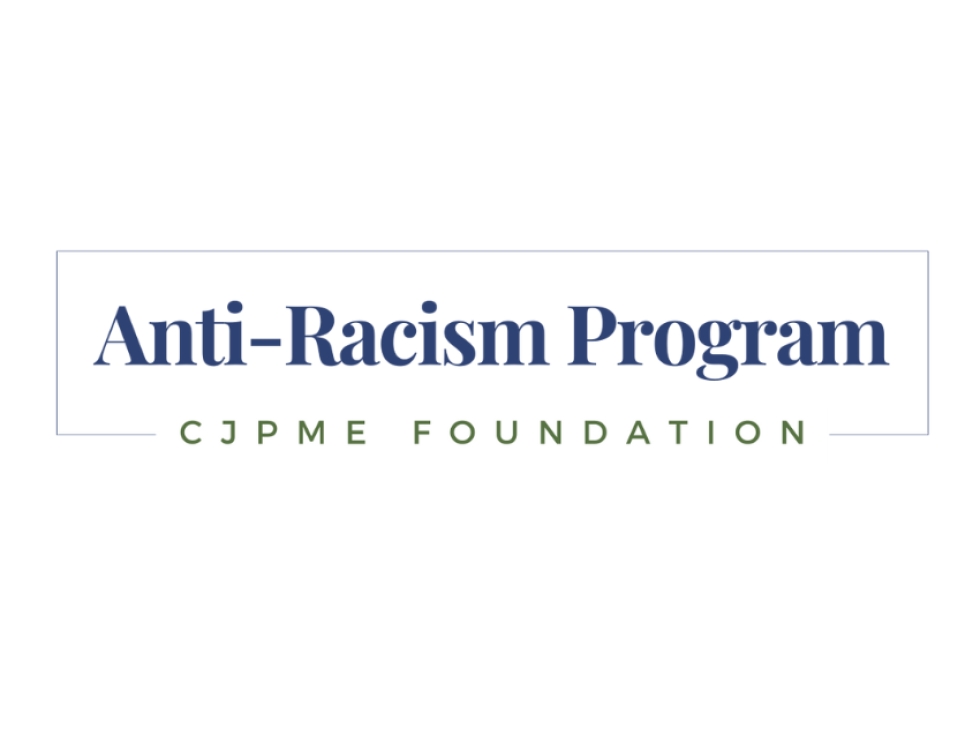
Jul
The Anti-Racism Program of the CJPME Foundation Welcomes TDSB’s Decision to Reverse Keffiyeh Yearbook Censorship
Written by CJPMEMontreal, July 15, 2025 — The Anti-Racism Program of the CJPME Foundation (ARPCF) welcomes the Toronto District School Board’s (TDSB) decision to reverse its censorship of a yearbook photo showing two students wearing keffiyehs at Ursula Franklin Academy.
This change, which was confirmed in an email from the TDSB to the ARPCF, follows a formal letter sent by the ARPCF condemning the concealment of the image and warning that it constituted a clear act of anti-Palestinian racism. The TDSB’s acknowledgement—that keffiyeh-wearing students have the right to express their identities—marks a small but important step toward addressing the systemic erasure of Palestinian identity in Canadian schools.
In its response to the ARPCF’s complaint, the TDSB clarified that students are permitted to wear cultural attire, including the keffiyeh, in accordance with the Student Dress Policy, and that yearbooks without the concealing stickers are now being made available. “While this is a welcome correction, the incident should never have occurred in the first place. The initial decision to cover the photo reinforced harmful and discriminatory assumptions about Palestinian identity and sent a chilling message to students who wish to express their culture without fear of censorship or reprisal,” said Jamila Ewais, Lead Researcher of the ARPCF.
This reversal would not have happened without the mobilization of students, parents, and advocates—including the nearly 100 students who walked out in protest. Their efforts, combined with the advocacy of organizations like the ARPCF, demonstrates that community pressure is vital in holding institutions accountable. “This incident highlights the urgent need for broader systemic changes, including mandatory education for staff on anti-Palestinian racism and transparent protocols to prevent future censorship,” added Ewais.
The ARPCF will continue to monitor this file closely and push for the TDSB to meet the additional demands outlined in our original letter—including a public apology, staff training, and written affirmation of the legitimacy of Palestinian cultural expression. Respecting student identity should never be conditional. We urge the TDSB to treat this incident not as an exception, but as a call to implement lasting reforms that affirm the dignity, rights, and belonging of Palestinian students in all TDSB schools.














